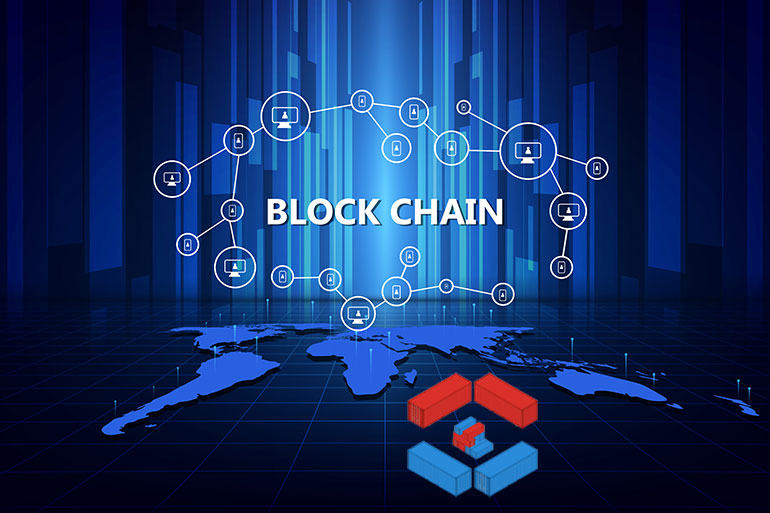The advent of blockchain is potentially revolutionary in the world of finance. For trade finance, in particular, the adoption of blockchain will increase speed and efficiency while concurrently reducing costs and the potential for fraud. It is also probably the only viable technology for a truly worldwide, compatible, decentralized system for the provision and tracking of trade finance.
Present Challenges & Risks
Whether digitally assisted or not, presently widespread systems for trade finance encounter a host of problems, hamper efficiency and introduce risks, including:
Manual Contracts – Banks need to manually draw up, execute and enforce contracts, which is time-consuming, resource-intensive, and diminishes efficiency.
Factoring – Some businesses will use invoices and accounts receivable to obtain financing. In doing so, these need to be manually verified and checked.
Delays – Due to these checks and the involvement of multiple intermediaries, shipping and payment timelines are often delayed, causing further stress to both importers and exporters.
Manual AML and Fraud Prevention – AML needs to be conducted manually, the potential for duplicated documents such as bills of lading and invoices is significant and as financials move from one party to another, the potential for alterations and changes grows.
Multiple Platforms – Due to the transnational nature of global trade, there are usually multiple platforms involved, further increasing the risk of fraud.
The Revolutionary Blockchain Model
With blockchain, the whole process of trade finance will occur online, using an incorruptible distributed ledger that is even capable of interfacing with different platforms. Smart contracts are a crucial part of the blockchain that is helping to transform the trade finance space. At each point during the journey of the goods from exporter to importer, all participants including financiers, customs, logistics, and law enforcement will all be able to interact in a seamless way using smart contracts. Once the goods are received, the payment process may be initiated in a timely manner.
Main Advantages
Everything in Real-Time, Fully Transparent – All documents and necessary information is available in real-time and only one version may exist. All this will be further searchable, trackable, and traceable to all parties. Whether it is invoiced for factoring, shipping documents, proof of ownership or any other relevant documents, everything will be available for all participants to view and access, dramatically reducing the propensity for fraud and counterparty risk. Blockchain’s decentralized nature also means that it is virtually incorruptible and indisputable.
Reduced Intermediaries and Automated Settlement – Fewer intermediaries are required within a blockchain-driven system. Furthermore, due to the nature of smart contracts, automated payment settlements can be initiated no sooner goods are received.Cheap – As a result of the mechanisms used and the freedom they provide, blockchain-driven trade finance, settlement, and tracking systems will provide unbeatable cost efficiency.

